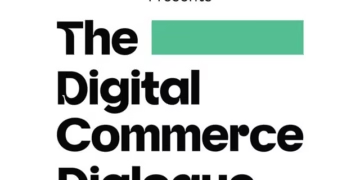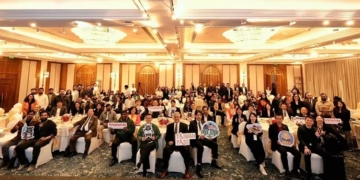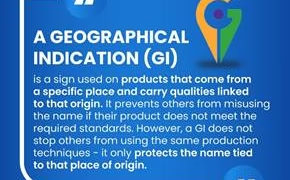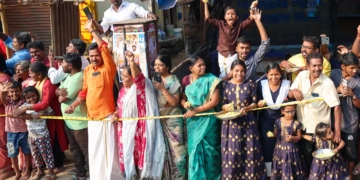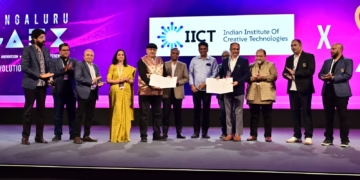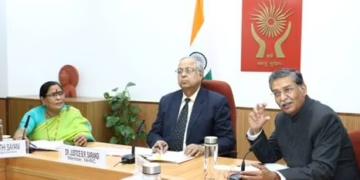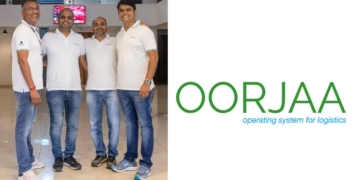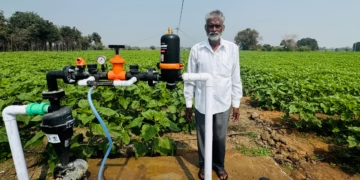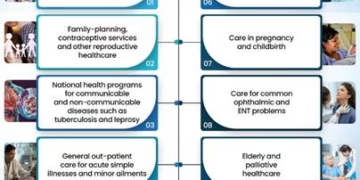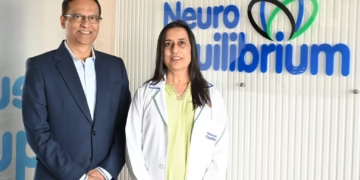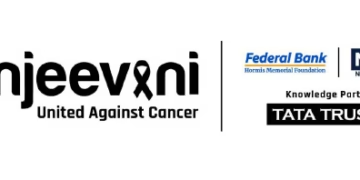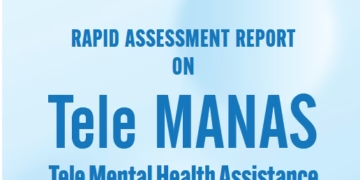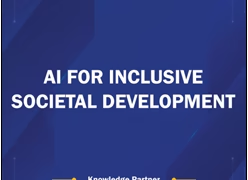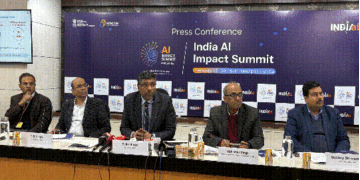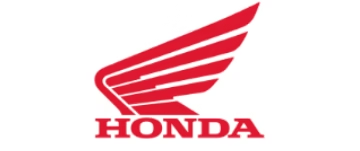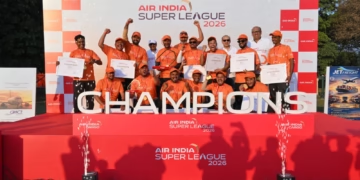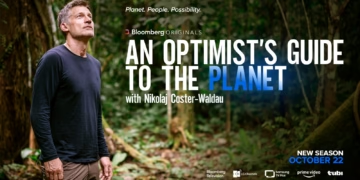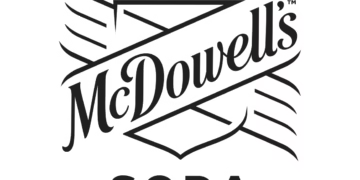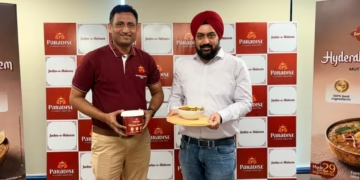Dr Tedros Adhanom Ghebreyesus, Director-General of the World Health Organization, said: “After many years of progress, we are at a critical turning point. Measles is resurging, and 1 in 10 children continues to miss out on essential childhood vaccines,” said Dr Tedros, “We can and must get back on track. We will only do this by ensuring everyone can benefit from the power of vaccines – and if governments and partners invest in immunization as a right for all, and a social good. Now is the time to step up efforts to support vaccination as a core part of health for all.”
Opening the summit, President Juncker and Dr Tedros called for an urgent intensification of efforts to stop the spread of vaccine-preventable diseases such as measles. In the past 3 years, 7 countries, including 4 in the European region, have lost their measles elimination status. New outbreaks are the direct result of gaps in vaccination coverage, including amongst teenagers and adults who were never fully vaccinated. To tackle vaccination gaps effectively, the summit addressed the multiple barriers to vaccination, including rights, regulations and accessibility, availability, quality and convenience of vaccination services; social and cultural norms, values and support; individual motivation, attitudes, and knowledge and skills.
The European Commission and the World Health Organization also urged for strong support of GAVI, the Global Vaccine Alliance. GAVI plays a critical role in achieving the global vaccine goals in the world’s least-resourced countries.
New models and opportunities for stepping up vaccine development are also on the Global Vaccination Summit agenda, as well as ways to ensure that immunisation is a public health priority and a universal right.




